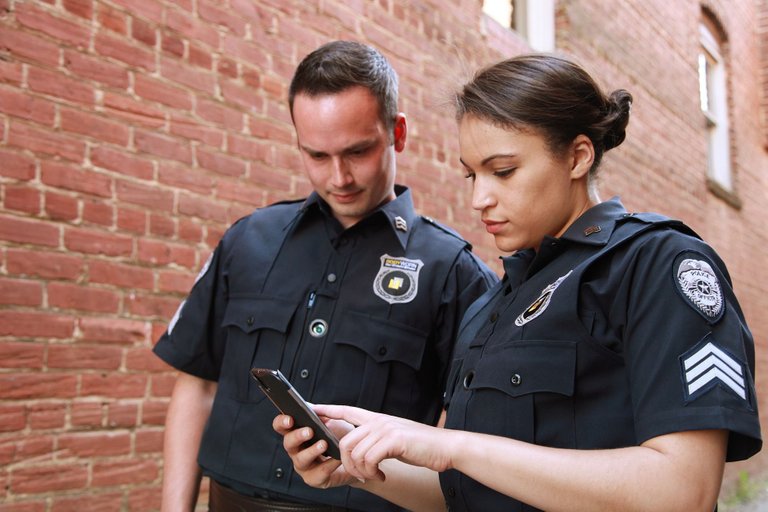A Municipal Cryptocurrency Network Designed for Data Collection

Recently, I sat down with @kommienezuspadt and @lovejoy to try and come up with a way to improve the relationship between Minneapolis residents and the city's police. The idea we came up with was to measure public approval of police at the individual officer level using crypto tokens, with the resultant data made available through a simple app. The subject was introduced in this post and expanded upon in this one. Here, an implementation of our idea that uses an indivisible crypto token rather than NFTs is explored.
The Scenario
Consider a cryptocurrency network with indivisible tokens. There are two lists of wallet addresses. List A is a list of wallet addresses belonging to public safety officers. List B is a list of wallet addresses belonging to Minneapolis residents. Each resident signals approval of an individual officer by sending one token to the wallet associated with their badge number. To rescind this approval, the resident sends another token to the same account.
A bit of software indexes the relevant data from the blockchain and exposes an API. An app takes this API and combines it with a public facing user interface. The official app would display public approval statistics, adjusting as needed for rescinded approvals, as well as other information deemed sufficiently important by project stakeholders.
From a technical standpoint, this arrangement is by far the simplest path forward for a citywide community approval token system. Such a system could easily be expanded to collect public approval data in civil service sectors beyond public safety. The mechanism underlying this system could be used to collect data from any suitable network on any binary question. There is nothing to stop tokens from circulating outside system parameters, but neither does there need to be for the system to operate effectively.
If the token supply equaled the number of city residents multiplied by the number of public safety officers, there would be enough tokens for each resident to approve of every officer. If twice as many tokens were minted, there would be enough for each resident to rescind their prior approval of every officer. Estimating the population of Minneapolis at 420,000 and the police force at 800 results in a total token supply of 672,000,000. Only a small percentage of residents would be likely to register with the app and participate. So most of these tokens would go unused if they were issued all at once and distributed continuously to residents as they registered with the app. Stakeholders may decide to use these surplus tokens for other purposes.
Several existing blockchains could support such a system, though cost and usability might make it more practical to create a new blockchain customized for this project.
(Feature image from Pixabay)